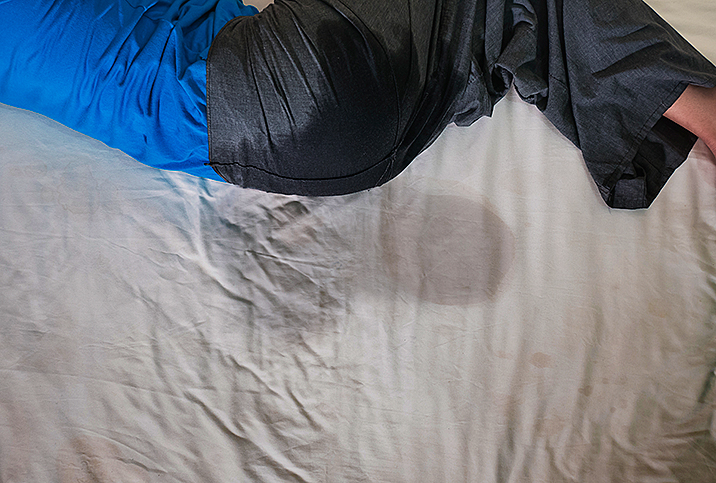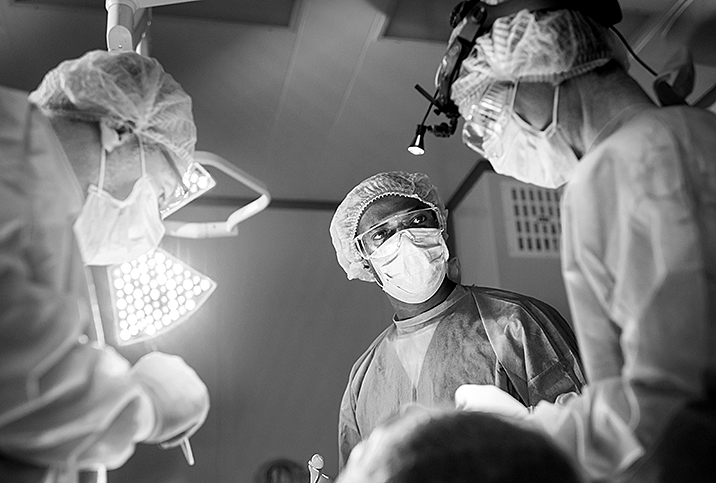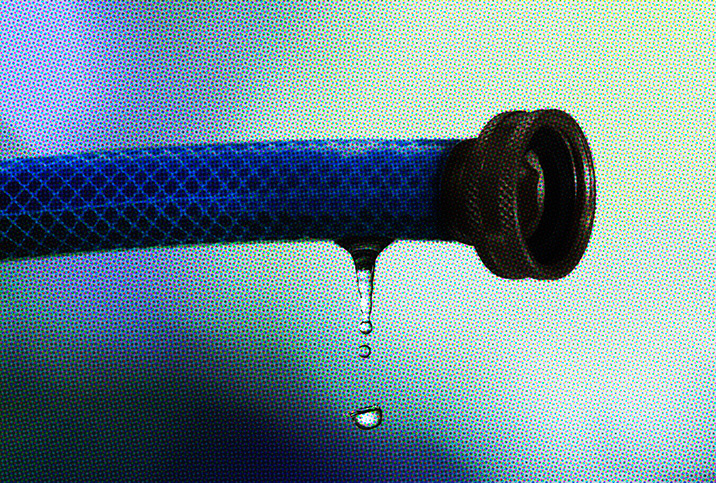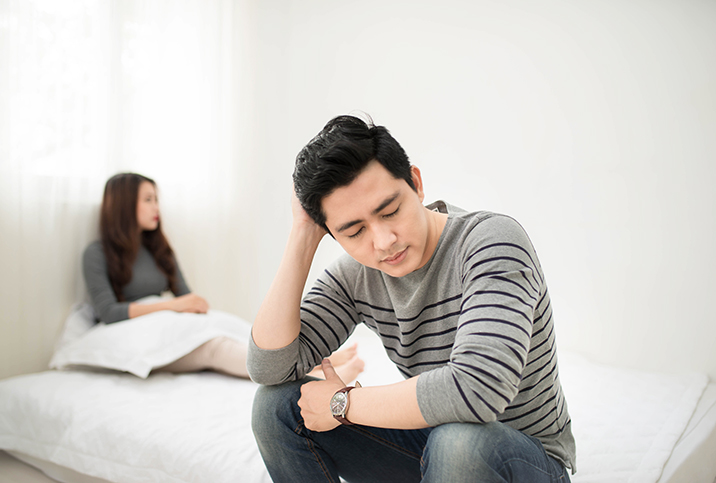A Life of Discomfort: Coping with Hypospadias

For most of us, peeing might be a minor annoyance during long car trips, but it's not something we think about too much. However, for men with hypospadias—a male birth defect in which the urethral opening does not form at the tip of the penis—the simple biological act of urinating is fraught with challenges.
Hypospadias is usually corrected surgically between the ages of 6 and 18 months among boys whose urethral opening is near where it should be. In more problematic cases, it is often left untreated due to the difficulty and pain involved with such a procedure at a tender age. Left untreated, however, hypospadias presents some physiological, psychological and social consequences later in life.
Dealing with such problems can be a lifelong struggle, and quite a few males must learn to live with them: hypospadias occurs in one of every 200 boys born in the United States, according to the Centers for Disease Control and Prevention (CDC).
Coping with an atypical penis
The curvature of the penis is one of the most pronounced physical abnormalities associated with severe cases of hypospadias. This downward curvature is also called chordee, though chordee can occur with or without hypospadias. A male with a curved penis may need to urinate sitting down, establishing a precedent that can make it difficult for a young man to fit in among his peers. Worse, being ridiculed for the condition may cause severe and lasting emotional effects. Even after hypospadias repair, men may feel self-conscious about the appearance of their penis and may have fewer intimate relationships.
Curvature affects penis length, an important factor for males with hypospadias from both cosmetic and psychosexual development standpoints. Recent studies have revealed that penis size is a common complaint among men who have undergone hypospadias surgery. Other complications related to the condition include undescended testicles, underdeveloped foreskin and abnormal urination—all of which can affect the quality of life.
Intercourse might be a challenge, though men can incorporate sex positions that work for curved penises and find comfort through sex therapy. In some cases, medication and collagenase injections can help resolve the physical difficulties stemming from hypospadias.
The depressive symptoms of penile curvature and other deformities are difficult to overcome, but support groups make it possible for men with hypospadias to share their feelings with others like them.
Lasting psychological effects
Men who opt for reconstructive surgery, which has improved in recent years, often benefit from improved sexual and urinary function. Nevertheless, a negative physical image, acquired after years of feeling abnormal and isolated, may remain even after surgery and instill a fear of sexual intimacy.
Psychological studies have identified a greater tendency toward a sense of anatomical shame and neurotic behavior in men with hypospadias than in those with no penile abnormality. Shyness, depression and anxiety are prevalent in such men, many of whom deal with the long-term effects of symptoms such as enuresis (bedwetting), limited tolerance to stress and difficulty maintaining social relations. Insecurity and feelings of alienation are common among men who live with the effects of hypospadias.
Childhood emotional trauma can have long-term effects on an individual's development. Males grow up in an environment of physical rivalry and competitiveness that can place undue social pressure on a man trying to cope with an untreated penile condition.
As emotional issues such as depression and anxiety can often compound sexual issues, including erectile dysfunction (ED), men may find, even after corrective surgery for hypospadias, that counseling helps them gain a healthier self-perception and, in turn, a more satisfying sex life.


















